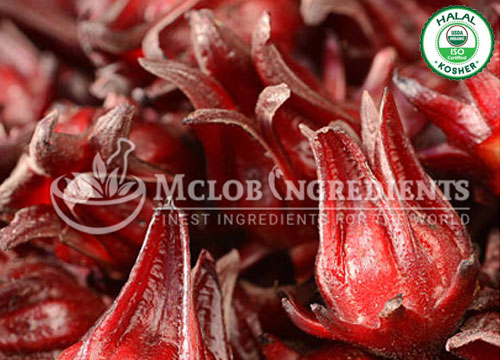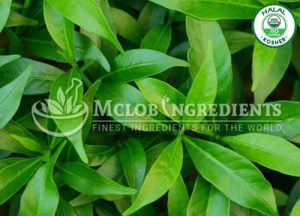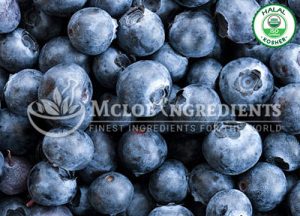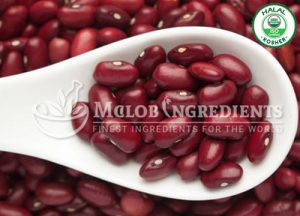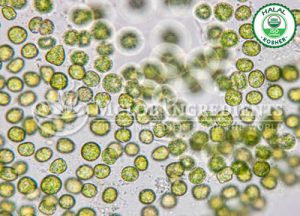Roselle is a species of flowering plant. It is native to Africa, most likely West Africa. It was spread to the West Indies and Asia in the 16th and early 17th centuries respectively, wherein many places, it has since become naturalized. The stems are used for the production of bast fiber. The dried cranberry-tasting calyces are commonly steeped to make carcade which is a popular infusion.
Benefits:
- Provides relief from cramps and menstrual pain.
- Antidepressant Properties.
- Anti-Cancer Properties.
- Cough, Colds, and Fever Management.
- Anti-Inflammatory Properties.
- Antibacterial Properties.
- Blood Pressure Management.
- Aids Digestion.
- Weight Loss.
Side effect :
Hibiscus may cause-
- lowering blood pressure.
- Dermatitis
- Headache
- Nausea
- ringing in the ear.
Dose:
Hibiscus sabdariffa was taken in adults as a powder, extract, or tea for 4-12 weeks. Advice a healthcare provider to find out what does or product might be best for a specific condition.
Precaution :
- In Pregnancy and breastfeeding Hibiscus is POSSIBLY UNSAFE when taken by oral route during pregnancy. Hibiscus might start menstruation which causes a miscarriage.
- Diabetes: Hibiscus might decrease blood sugar levels. By healthcare provider, the dose of your diabetes medications might need to be adjusted.
- Avoid in people with low blood pressure because hibiscus might make blood pressure too low.
- In Surgery, Hibiscus might affect blood sugar levels, during and after surgery making blood sugar control difficult. At least 2 weeks Stop using hibiscus before a scheduled surgery.
Interaction:
Do not take the following combination-
- Chloroquine interact with Hibiscus tea. Hibiscus tea might reduce the amount of chloroquine that the body can absorb and use. This interaction might reduce the effectiveness of chloroquine. Should avoid hibiscus products in people taking chloroquine for the treatment or prevention of malaria.
- Antidiabetes drugs interact with hibiscus tea that might cause blood sugar to go too low. Monitor your blood sugar closely.
- Antihypertensive drugs interact with hibiscus tea that might cause blood pressure to go too low. If you are taking medications for high blood pressure, do not take too much hibiscus.



